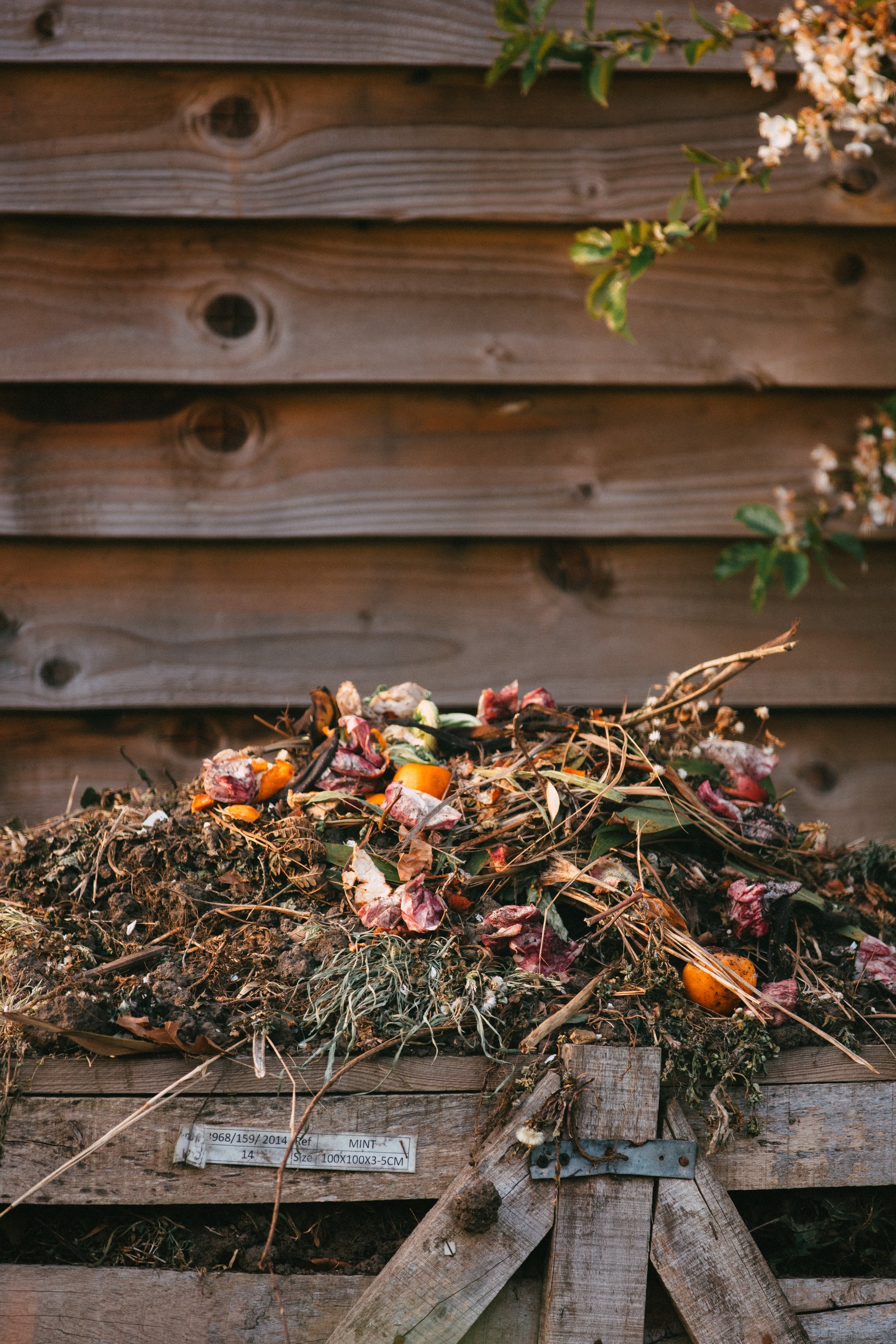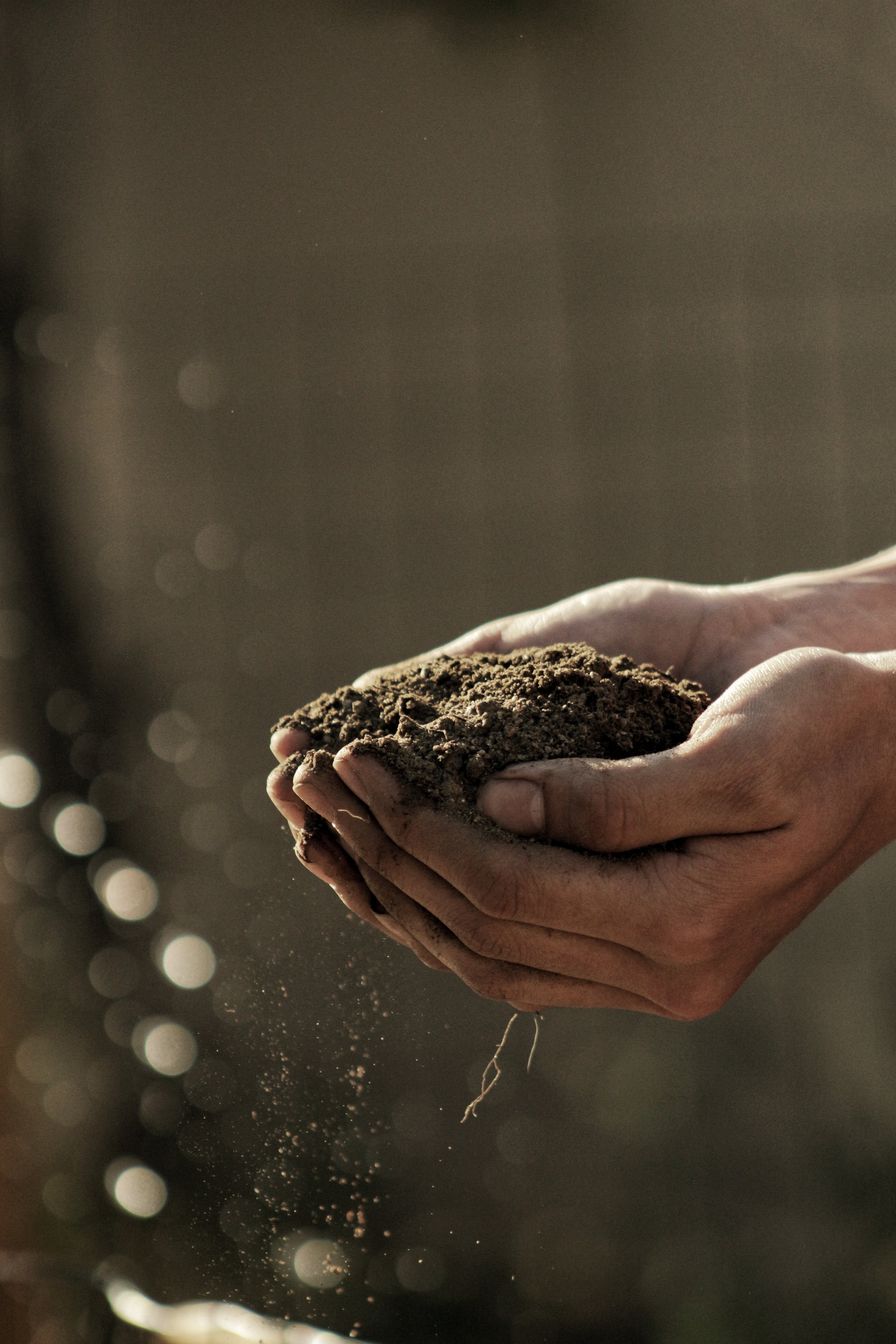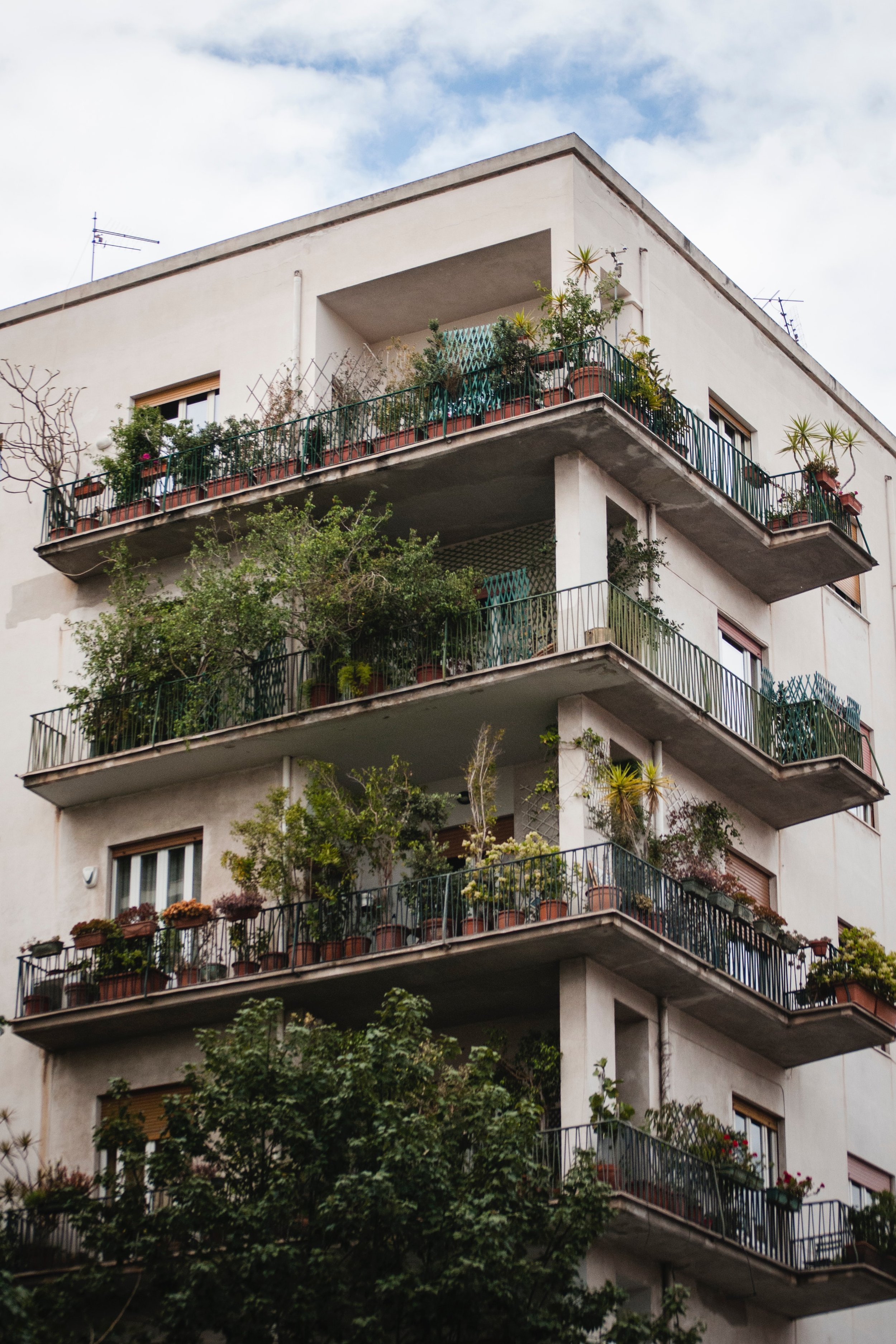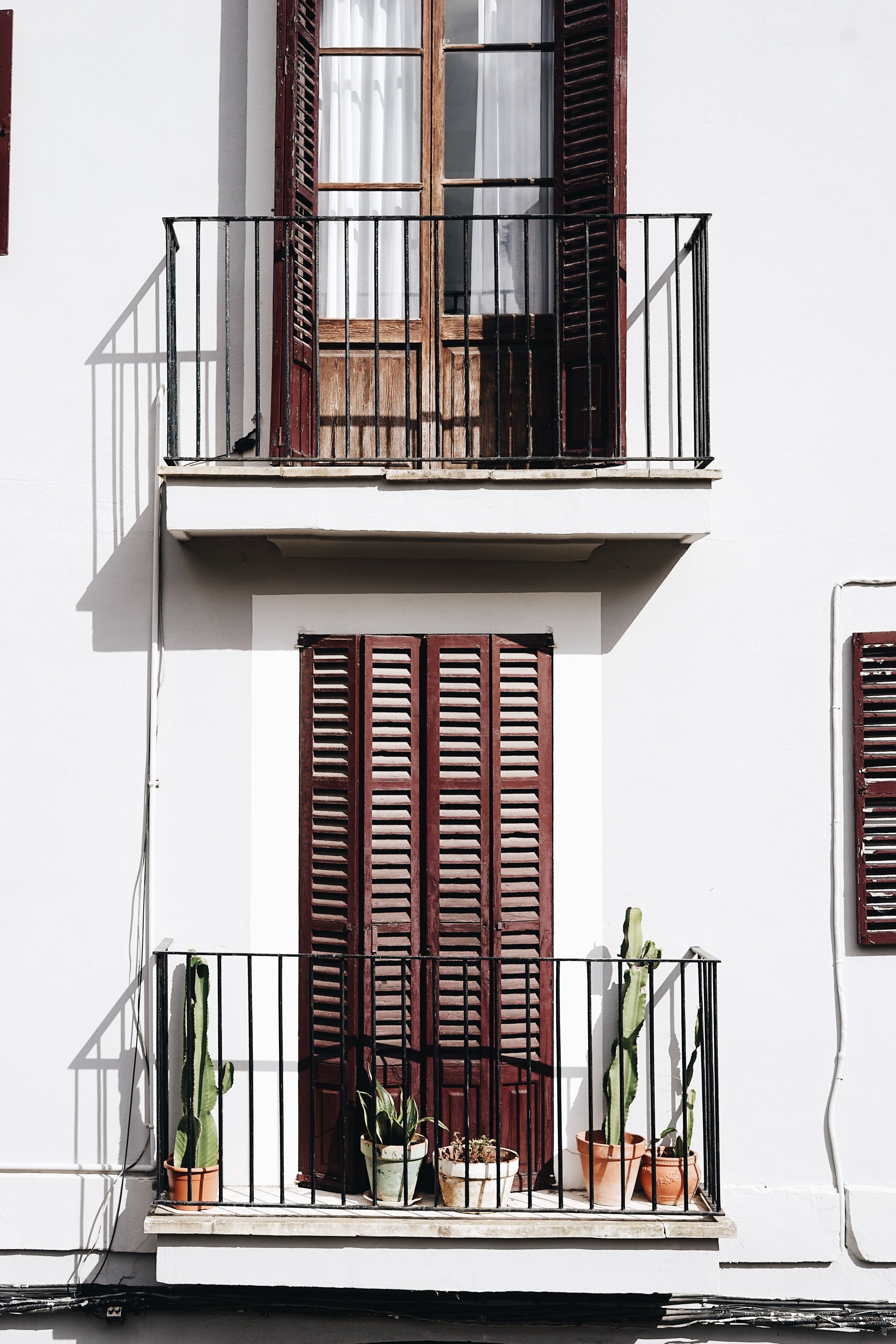5 Ways To Compost When You Dwell In A City
I always tell my City Dweller’s, if you are not composting, you are not cooking sustainably. Many believe that our food waste breaks down when it arrives at the landfill, which isn’t true. When food waste enters a landfill it emits methane, a greenhouse gas (aka not great for the planet). If you’re into science like we are you can read more about food waste and its link to greenhouse gases and climate change by clicking this link.
SO WHAT IS COMPOSTING?
Composting is the decomposing of food waste and other organic materials (think newspaper or grass clippings). With the addition of water, air and heat these materials break down into a nutrient rich soil filled with beneficial organisms which helps us nourish our gardens and grow more nutrient dense organic produce.
Composting in the city however can almost feel impossible if you dwell in an apartment or have a small back garden. To help you in your search to create a more sustainable kitchen we’ve created a list of composting methods so you can easily select the best composting method for your dwelling.
COMPOSTING SERVICE
Here at The Apartment, we use multiple composting methods, one of which is using a composting service. A compost service is perfect for City Dweller’s who lack space, time and have the budget to spend on a compost pick up service.
HOW DOES IT WORK?
The compost company will drop off your compost bucket or can (usually a 5 gallon bucket lined with a compostable bag). You fill it with organic waste approved by the compost company. You place your bucket outside on pick-up day (just like you would with your garbage and recycling) and they will pick it up and replace it with a new one based on the frequency requested.
COST: $$-$$$
GREAT FOR: Apartments, Studios, Businesses, Homes, Condos
GARDEN COMPOSTING
Yep, we have a compost pile in our garden too at The Apartment. Starting your own compost pile in your back garden is super easy. You can DIY your own or purchase one online. They range in sizes, prices, and styles to suit your garden and lifestyles needs. Dwelling in a city we suggest that your compost bin live toward the back of the garden (furthest from the house) and before you begin composting in it that you line the bottom with mesh wire to keep unwanted critters out.
COST: $-$$
GREAT FOR: Homes, Condos
INDOOR COMPOSTING
This one is for the garden unit dweller’s. There are a variety of kitchen compost models on the market that allow you to compost right on your countertop. This kitchen appliance mimics nature to breakdown your food waste into compost quickly and efficiently without the mess.
COST: $$-$$$
GREAT FOR: Apartments, Studios, Businesses, Condos
TERRACE COMPOSTING
If your dwelling only has a terrace garden you can still compost. Some compost bin models are small enough that you can fit them on a terrace (we like tumbling compost bins) or you can DIY your own by recycling a plastic storage bin. When our founder Amanda first started composting she made a similar DIY compost bin and stored it on her patio.
COST: $
GREAT FOR: Apartments, Studios, Condos
WORM BIN
Also called vermicompost, worm bins are another great way to compost. You can store them in the garden (though keep them in a place that is not too hot or too cold) or you can store them indoors in a basement or other cool room (like a mud room). Red wigglers (the worms used in worm bins) eat food scraps and turn it into compost.
COST: $-$$
GREAT FOR: Apartments, Studios, Homes, Condos
LEARN how to COMPOST step by step
The only guide you’ll need to learn to cook sustainably in your city.
In 2016, our founder Amanda McLemore gave up the grocery store for an entire year to see if it was possible to better connect with the local food grown within and around her city. In this year she learned much about growing her own food, sourcing local and packaged free ingredients and how to preserve the seasons; all for her health and the health of the planet.
We all are looking to be a little more sustainable, right? They tell us to use less packaging, eat more plant-based and shop locally and seasonally. So you go to the farmer’s market to purchase said local and sustainable produce only to realize that your local farmer’s market is nothing like a grocery store. What are some of these plants? How do I cook them? If I am paying more for local and organic produce how can I make sure that it doesn’t waste away in my fridge?
In The City Dweller’s Guide To Cooking Sustainably Amanda gives you the tools to make your kitchen sustainable. Part resource and part cookbook this guide will help you create less food waste, learn how to create a package free kitchen, help you navigate the farmer’s market and more.
Coming soon 2022









